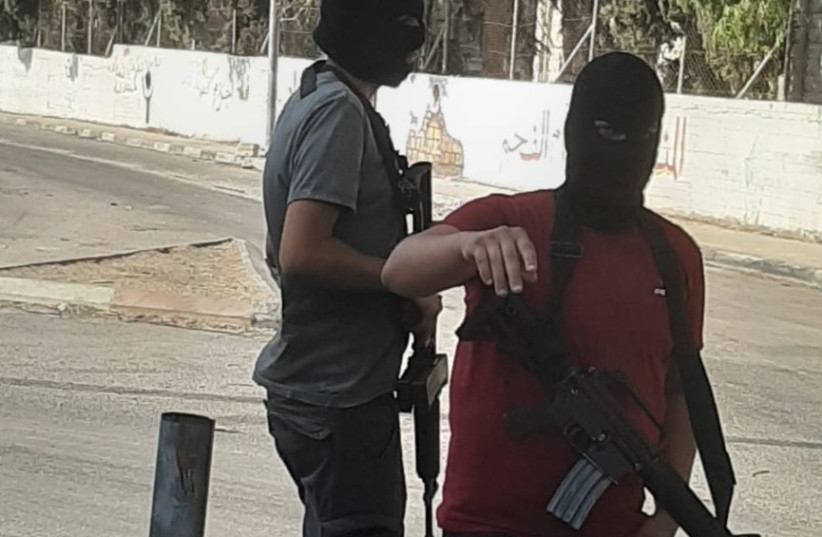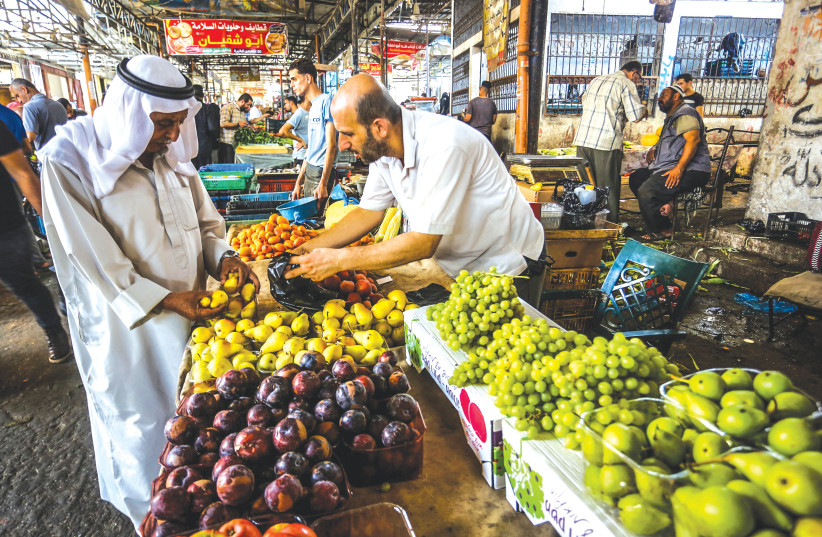Armed and masked men in Gaza have started patrols to stop traders profiteering in Rafah, where more than a million displaced Palestinians are taking shelter from Israel's air and ground campaign, a member of the vigilante group said.
Nearly five months into the war, prices have soared in Gaza, with all commercial imports cut off when hostilities began on Oct. 7 and only limited quantities of humanitarian aid coming in.
Most of Gaza's 2.3 million people now live in Rafah near the border crossing with Egypt, mostly in tents and other temporary shelters, after fleeing the devastation in other parts of the enclave.
The Committee of Public Protection
Photographs on social media showed men in ski masks with hoods pulled over their heads standing next to market stalls. In one photograph, two of the men held assault rifles. In another photograph, six men brandished sticks.

The men with the sticks also had headbands with the Arabic slogan, "The Committee of Public Protection."
A man who described himself as a member of the group and whom Reuters contacted by phone said their action was necessary to enforce law and order because police no longer patrolled the streets after being targeted by Israeli strikes.
Their actions were intended "to monitor the prices and punish those who exploit the needs of the people," said the man, who spoke on condition of anonymity, fearing Israeli reprisals.
The war began when Hamas fighters stormed into Israel, killing 1,200 people and seizing 253 hostages, according to Israeli tallies. Israel's air and ground campaign has since killed around 30,000 Palestinians, according to health authorities in Hamas-run Gaza.

Comment from a Palestinian living in Rafah
The patrol was seen in a Rafah market on Wednesday by Mohammad Abuemad, a 24-year-old university graduate who fled his Gaza City home early in the war and now lives in a tent.
He said police had been a common sight in Rafah until recent strikes targeting them and had been responsible for organizing the long queues outside bakeries, supermarkets, and banks.
Abuemad said he was concerned by the emergence of masked men enforcing public order. "Maybe they are good, but we hope they act fairly with people," he said. "We would rather the war end so the real police force can come back," he said.
